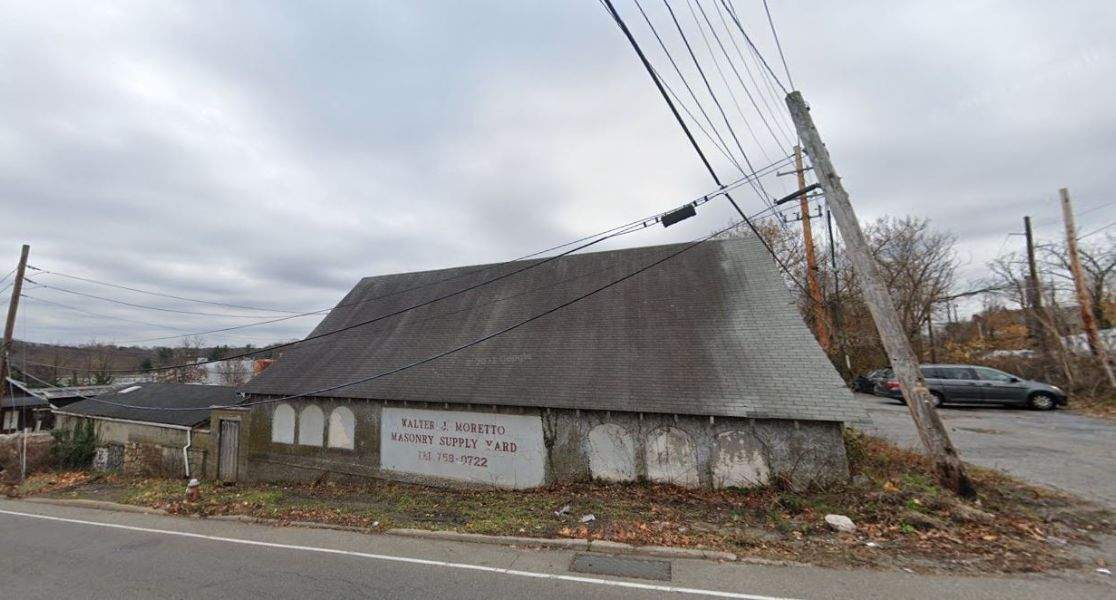
What is a Delaware Statutory (DST)?
A Delaware Statutory Trust (DST) is a real estate investment alternative to get access to commercial properties. It is a legal entity created under the laws of Delaware to hold title to one or more income producing properties.
These investment properties can be larger than what you can buy or own, individually.
These properties are usually the same quality and type of those owned by large institutional investors such as insurance companies or REITs. They range from multi-family, NNN retail, industrial, self-storage, medical office and other assets.
DSTs are passive investments and professionally managed for you. You will not engage in the day-to-day management of the property.
The managed nature of DSTs combined with accessible investment minimums, allows you to create customized and diversified portfolios. This allows you to better manage risk by alleviating landlord duties, receiving consistent monthly income, and offering significant tax advantages.
How Does a Delaware Statutory (DST) Work?
The trust is created by a “sponsor”. The sponsor sets up the DST and the name trustee(s) who have the authority to manage the trust’s assets and business. The trustees have a fiduciary responsibility to the co-owners and investors.
The trust will raise investment money, coordinate any financing needs, and manage or hire property managers. The trust itself will hold direct ownership of the assets while the investors will own a share in the trust.
There is no typical lifetime of a trust, yet they can last for ten years or more. All income and distributions are passed through and taxed to the individual owners, like a Limited Liability Corporation.
How DSTs Can Help With Your 1031 Exchange Needs
If you don’t know what a 1031 exchange is, please read this article first.
Delaware Statutory Trusts are viewed as securities under Federal law and qualify as a like-kind exchange, under Section 1031 of the IRS tax code.
If you are in a 1031 exchange, then investing in a DST can help you in the following ways:
1. Meet The Time Constraints of a 1031 Exchange
Timing is critical. You must find suitable replacement properties within 45 days of selling your investment, and must close within 180 days. Missing either deadline can result in a disqualified 1031 exchange.
2. Provide Properties Ready For Investing
DSTs consist of acquired properties, already through the due diligence process, and with a property management team in place. These assets are ready to invest in, unlike purchasing a property on your own, where you have to go through the due diligence process. As a result, you are less likely to miss the IRS deadline for a 1031 exchange.
3. Invest in Institutional Grade Assets
By exchanging into a Delaware Statutory Trust, you can buy and pool equity with other co-owners, in high-quality properties that can be significantly larger than what you would buy on your own.
4. Invest The Exact Amount You Need
A common challenge for 1031 exchange investors is securing a property similar in value to the asset sold. Properties too low in value will result in excess, and taxable funds. Properties too large in value may require you to come out of pocket.
You can invest the exact amount you need to meet the like-kind exchange requirements in a DST, once you are able to meet the minimum investment amount.
5. They Are Typically Non-Recourse Loans
Most mortgage financing involving a DST are typically non-recourse loans. Investors are not required to execute any loan guarantees or indemnities – meaning your assets outside the loan are protected.
Conclusion & Disclaimer
Delaware Statutory Trusts can be an effective investment vehicle, especially if you’re in a 1031 exchange and having challenges with acquiring a like-kind property.
While DSTs qualify as a 1031 exchange, the details and process can be delicate. Be sure to consult with real estate investment and tax professionals. The information provided above should not be considered financial or legal advice.
Have any questions? American Investment Properties can help with your commercial real estate needs. Please contact us at 516-393-2300.






